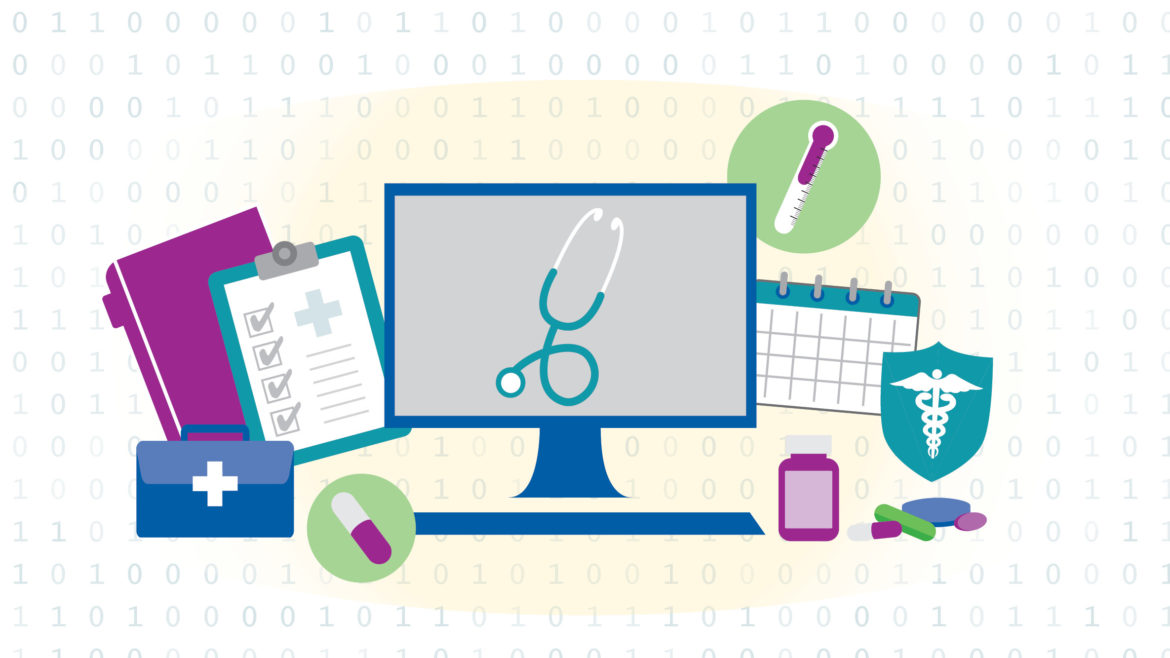More Data on Rare GI Diseases, With Less Work
More Data on Rare GI Diseases, With Less Work https://pediatricsnationwide.org/wp-content/uploads/2021/02/More-to-Telehealth_Page-28-1024x535.jpg 1024 535 Katie Brind'Amour, PhD, MS, CHES https://pediatricsnationwide.org/wp-content/uploads/2021/03/Katie-B-portrait.gifElectronic health record systems can drive knowledge acquisition in rare gastrointestinal conditions — and other orphan diseases — without the burden of duplicative data entry. Rare diseases often remain poorly understood and inefficiently treated due to a lack of objective knowledge on their natural history, pathophysiology or clinical outcomes in response to various therapies. Collecting…





